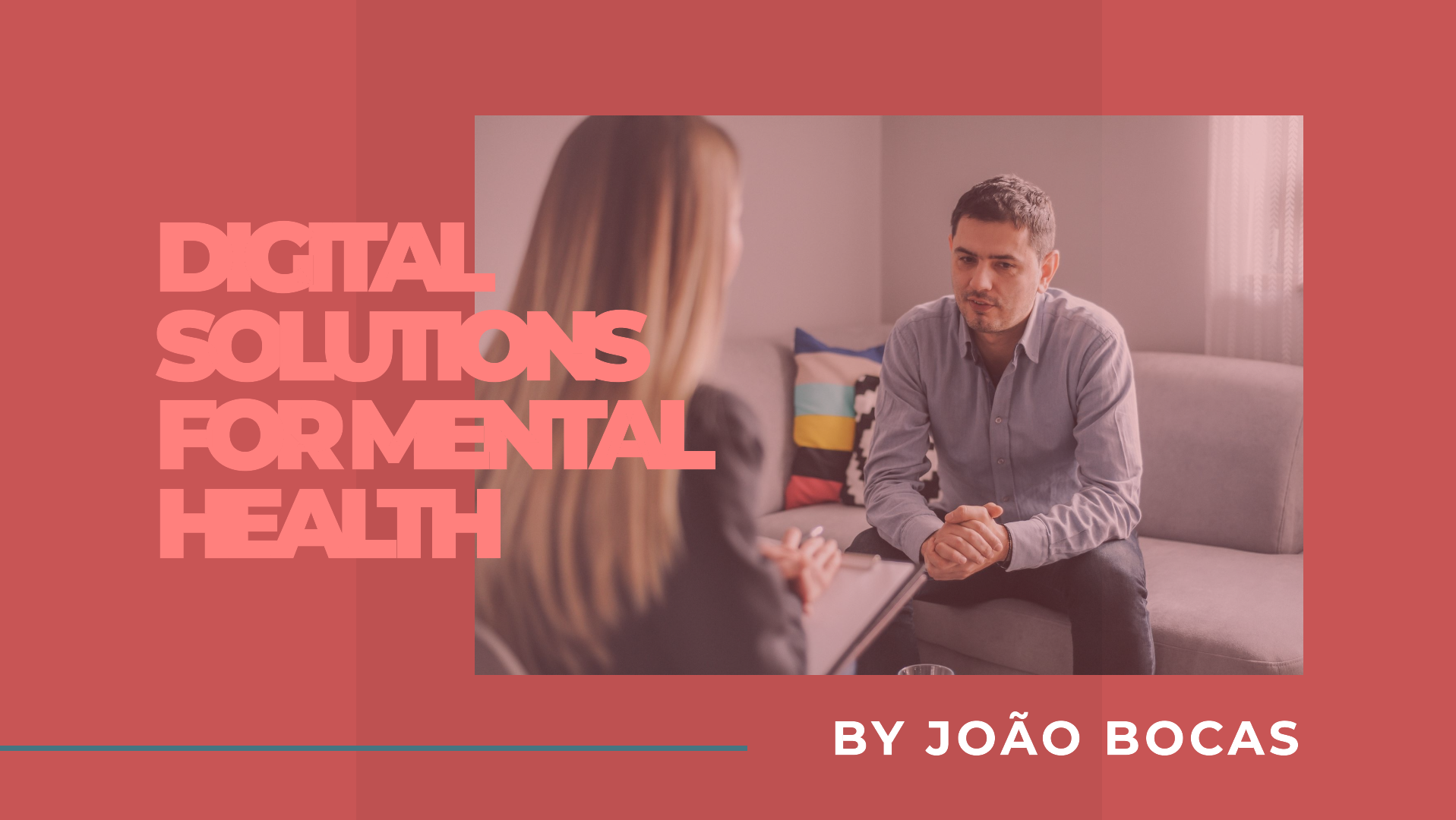It’s been years since AI started changing the medical field, and now it’s a major part of how doctors are diagnosing and treating diseases. AI can even predict potential issues before they happen. This means that patients and their families can catch diseases early and prevent them from spreading.
How AI is Changing the Medical Field and What it Means for You and Your Health
You’re about to get a medical diagnosis that was impossible before. And you don’t even have to go to the hospital! AI is helping doctors diagnose and treat diseases in real time, so now you can catch a disease early and prevent it from spreading.
This is huge news for patients and their families, but it also means that the medical field is changing rapidly. If you want to stay ahead of the curve, you need to know what AI is doing to the medical field and what it means for your health.
AI is changing the medical field. It’s no secret that technology has been having a huge impact on our lives lately. And while we’re all familiar with how AI is impacting the way we do business, communicate with each other, and even take care of ourselves—the medical field is one area where technology is making the biggest difference.
In fact, according to a study done by Accenture Strategy, about 70% of US doctors report that they use some form of AI in their practice. And it’s not just doctors: nurses are increasingly turning to bots for help with patient care and record-keeping, and even pharmacists are getting in on the act as well!
So how does AI actually help doctors? The most common applications include diagnostic tools like radiology software or hearing aids that automatically adjust themselves based on your needs. But there’s a lot more going on than just this stuff: AI has revolutionized everything from surgery training programs to surgical robots (which are basically exoskeletons for surgeons).
And it looks like we’re only just getting started! In fact, according to [company name], they expect AI adoption rate among healthcare providers to grow at least 30% over the next five years—and they predict it’ll have an even bigger impact
How AI is changing the medical field
AI is helping to improve the quality of life for patients by providing them with more accurate information about their health. For example, AI can help doctors to identify and treat diseases earlier, which can save lives. In addition, AI is also helping to reduce the use of harmful drugs by providing better patient data. By using this data, doctors can make better decisions about which medications to prescribe and how to treat patients.
How AI is changing the medical field? Artificial intelligence (AI) has been a promising technology for many years, but only recently has it begun to make its way into our daily lives. AI is now used in robotics and self-driving cars, as well as other industries such as finance, marketing, and manufacturing. But one area where AI is making its mark is in healthcare.
Healthcare providers use artificial intelligence to help diagnose disease and predict patient outcomes. It can also help doctors with their treatment plans by providing information about how patients would respond to different therapies or situations.
How AI is changing the way medicine is done
AI is also changing the way medicine is done by allowing scientists to study human diseases in a much more accurate way. By using machine learning algorithms, scientists are able to understand how diseases work and how they can be treated. This allows doctors to find new ways to treat patients and avoid dangerous treatments.
Healthcare providers use artificial intelligence to help diagnose disease and predict patient outcomes. It can also help doctors with their treatment plans by providing information about how patients would respond to different therapies or situations.
AI can help prevent or reduce the use of harmful drugs
AI can help prevent or reduce the use of harmful drugs by teaching computers how to “read” medical texts and images. This means that computers can learn from examples of bad health care practices so that future healthcare professionals will be less likely to use them in similar cases.
What AI has to do with your health.
AI can help you to detect and treat health problems early, which can save you time and money. AI can also help you to find new treatments for existing diseases. And lastly, AI can help you make better decisions about your health by helping you track your health data and analyze it for trends.
AI can help you to detect and treat health problems early
AI can help diagnose and treat Health Problems that are not caused by the environment or lifestyle choices. By using machine learning algorithms, AI can identify signs of illness before they become serious, saving lives and money in the process. Additionally, by detecting diseases early, AI may be able to offer new treatments or cures that have not been tried before.
AI can help you to find new treatments for existing diseases
AI is becoming increasingly important in the medical field as more and more diseases are being treated with technology than ever before. By using machine learning algorithms, doctors are able to diagnose diseases earlier and develop treatments that work better than ever before. In some cases, AI may even be able to provide a cure for a disease that has been diagnosed as deceased or unyielding by human doctors
What implications AI has for your health
AI has the potential to improve your health by providing more accurate and timely information. For example, AI could help to reduce the amount of time you have to wait for an appointment, or make it easier for you to find medical specialists in a timely manner.
How AI can help to reduce your risk of health problems
AI could also help to prevent some health problems from happening in the first place, such as reducing the risk of heart disease and stroke. In addition, AI could help you to improve your overall health by reducing stress levels and improving sleep quality.
How AI can help you to improve your health quality
AI can also help you to live a healthier life by promoting good diet and exercise habits, limiting alcohol consumption, and maintaining a healthy physical appearance.
AI is changing the medical field in a big way. By helping to improve the quality of life for patients, AI can help to prevent or reduce the use of harmful drugs, find new treatments for existing diseases, and make better decisions about your health. In addition, AI has important implications for your health. For example, by improving your health, AI can help you to reduce your risk of health problems and live a healthier life.
Technology is changing the medical field, but what does that mean?
First of all, we’re talking about technology that’s actually designed to help patients get better faster and more easily. Think about how much time you spend filling out paperwork for a doctor visit—or how much time doctors spend trying to figure out what’s wrong with your medical records.
That’s just one example of how doctors are being slowed down by outdated systems and processes, which means they have less time to focus on actually helping their patients.
In the meantime, other companies are using new technologies like AI-powered chatbots and virtual reality training simulators to give them a leg up on the competition.
These kinds of technologies aren’t just helping doctors work more efficiently—they’re also improving outcomes for patients by giving doctors access to information they never had before. For example: let’s say you’ve been diagnosed with diabetes and need regular check-ups every six months or so. If your doctor used an AI-powered chatbot instead of paper forms to keep track of your appointments (and sent reminders), then there would be less chance that you’d forget when it was time for another check-up—meaning.
Technology is changing the medical field as we know it. You might be surprised to learn that many of the things you take for granted in the medical field are actually thanks to technology.
Here are just a few of the ways technology is changing the medical field, not just Artificial Intelligence:
- Virtual reality – This technology allows doctors to train for life-threatening scenarios without putting patients at risk. It can also be used in surgical training or therapy sessions, as well as for mental health treatment.
- Blockchain – Blockchain technology is changing how people store their medical records and make payments for their treatments by providing a secure way to store information while still allowing patients access to their own records. This helps keep everyone’s information safe while still allowing them access when they need it most—like when they’re traveling abroad or going through a life-threatening illness where every second counts
Contact us for more relevant details. Check our YouTube Channel, Digital Health & Wearables Series. To find out more about how we can help you with your Digital Healthcare Transformation, Healthcare organizational growth, or Healthcare brand positioning, please get in touch via phone +44 (0) 203 3620421 or via e-mail: info@digitalsalutem.com





